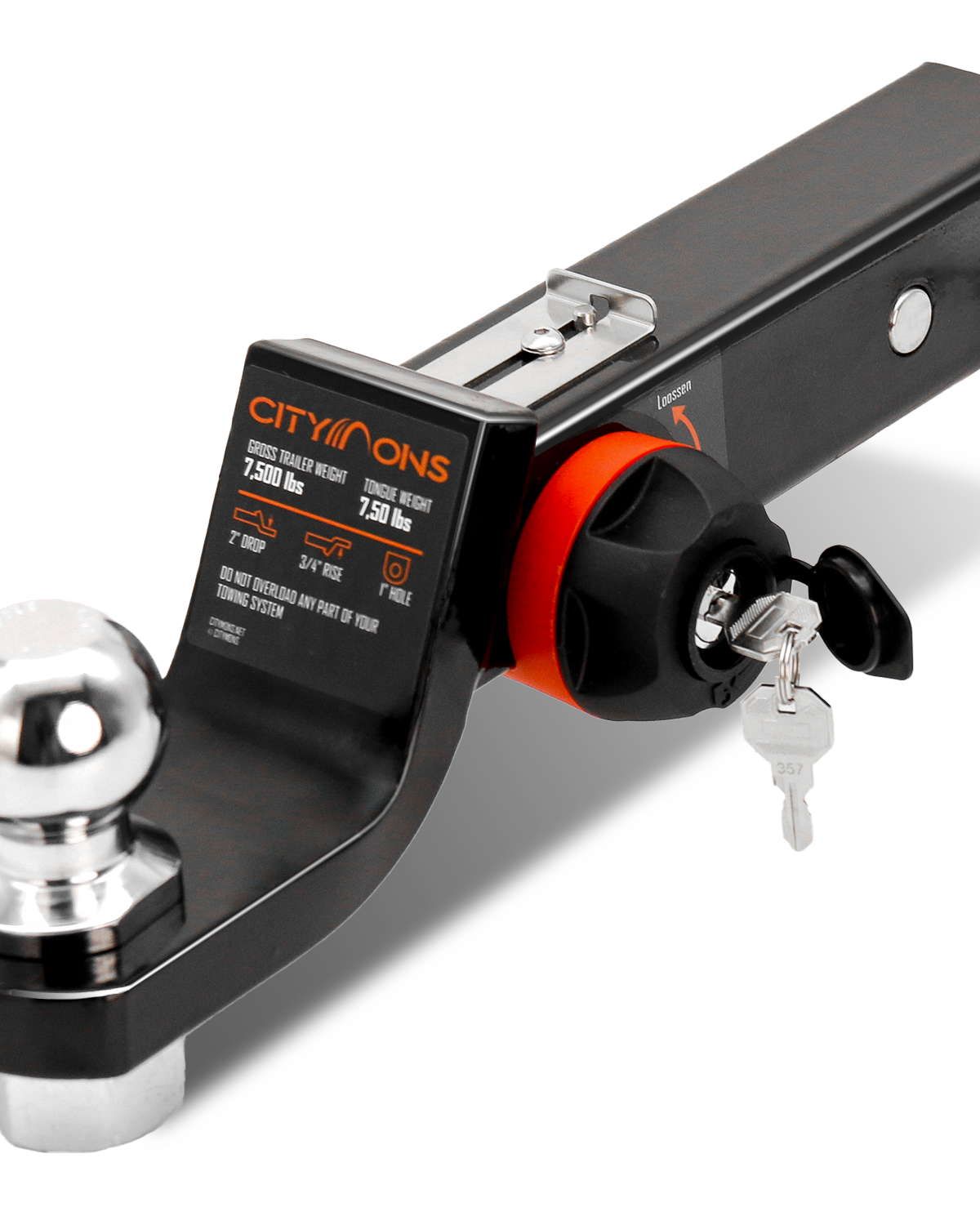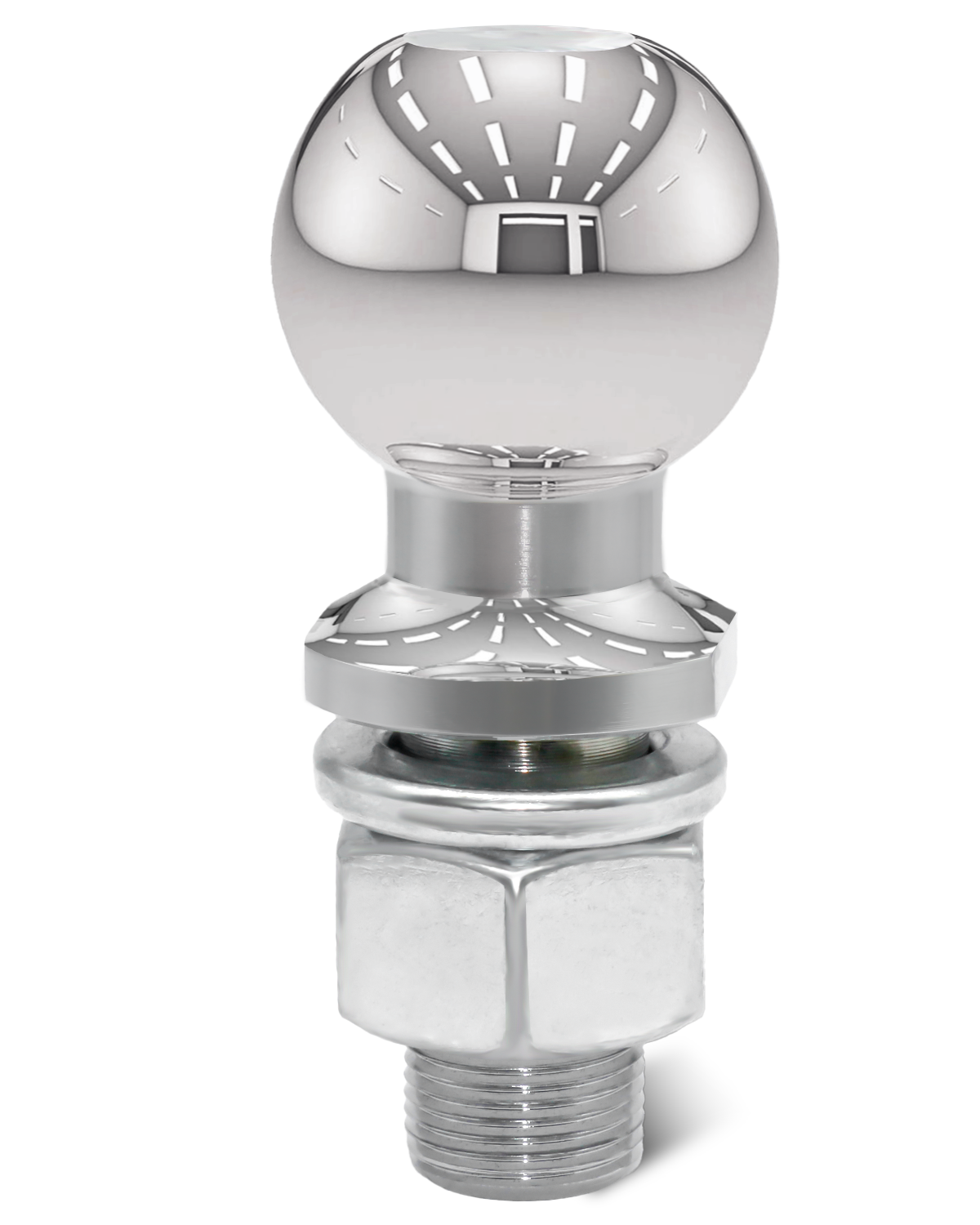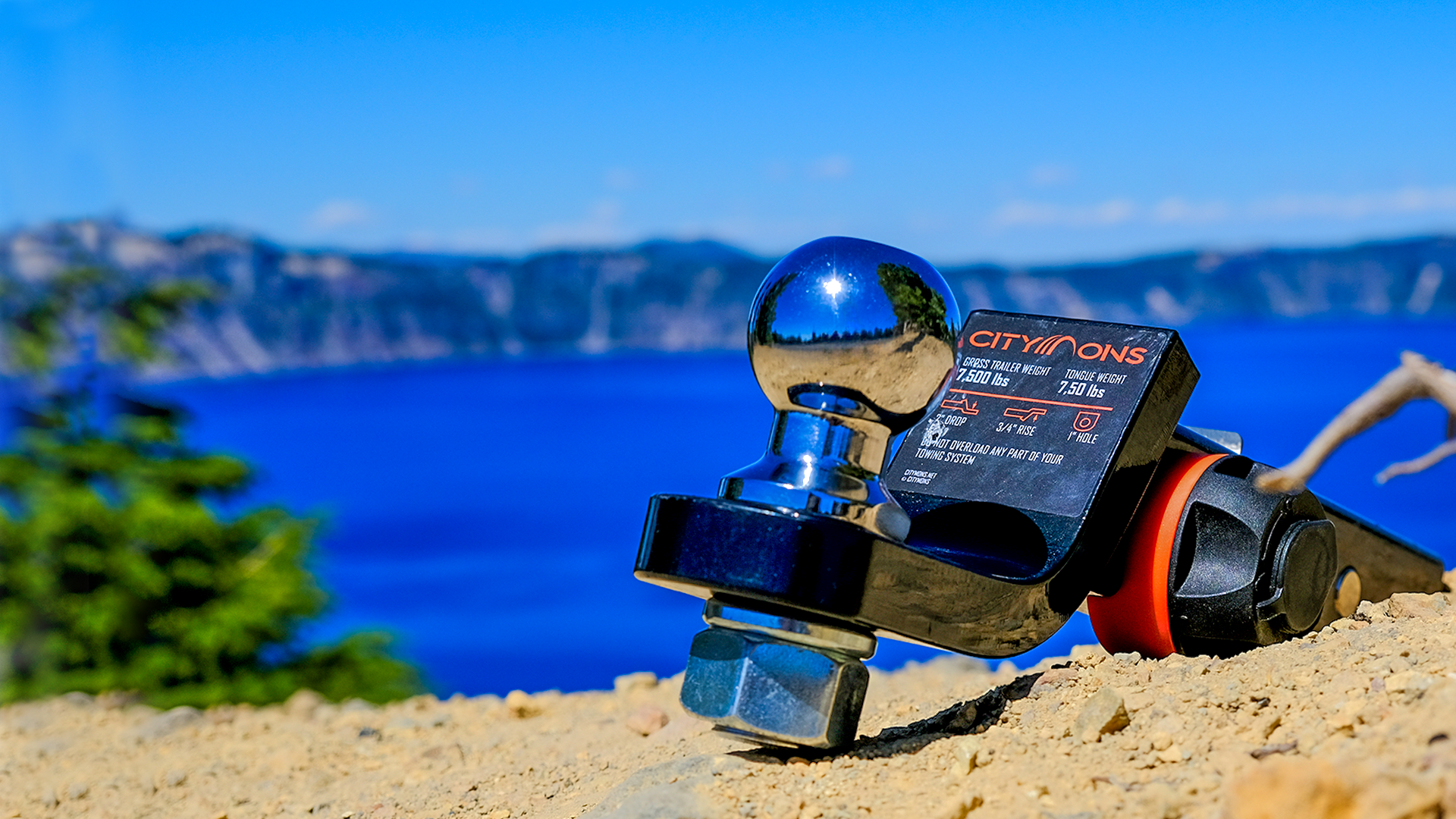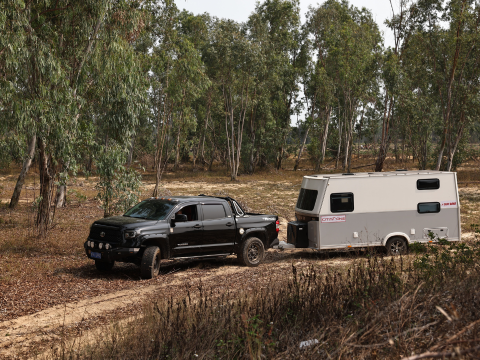Winter can be tough on your RV, especially if it’s not properly maintained. Whether you're storing your RV for the season or preparing it for winter adventures, taking the time to care for it now can save you money on repairs and ensure your RV stays in great condition for years to come. Here are some essential winter RV maintenance tips to help you protect your vehicle from the cold.
1. Winterize the Plumbing System
One of the most critical parts of winter RV maintenance is protecting the plumbing. If water is left in the pipes, it can freeze and cause serious damage. Here’s what to do:
- Drain all water tanks and lines, including the fresh water, gray water, and black water tanks.
- Bypass the water heater to prevent antifreeze from going into the system.
- Add RV antifreeze to the plumbing system, including the toilet, shower, and all faucets. Make sure the antifreeze is safe for your RV’s plumbing.

2. Check the Battery
Cold temperatures can be hard on RV batteries. To ensure your battery stays functional, follow these steps:
- Disconnect the battery or remove it if you plan on storing the RV for the winter. This prevents it from draining and freezing.
- Clean the battery terminals and apply a thin coat of petroleum jelly to prevent corrosion.
- If your RV will be in use during the winter, consider using a battery charger or maintainer to keep it charged.
3. Protect the Exterior
Winter conditions, including snow, ice, and salt, can damage your RV’s exterior. Here’s how to protect it:
- Wash and wax the RV before storing it. This will help protect the paint and prevent corrosion.
- Cover the RV with a breathable cover to keep dirt, moisture, and snow off the exterior. Avoid plastic covers, as they can trap moisture and lead to mold or mildew.
- Seal any gaps or leaks around windows and doors to prevent water from entering the RV and causing damage.

4. Tires and Suspension Care
Cold weather can cause tire pressure to drop, which may result in damage or poor performance. Here’s how to care for your tires:
- Check tire pressure before storing the RV and inflate them to the recommended levels. In cold weather, tires can deflate, so keep an eye on them.
- Jack up the RV if it will be stored for a long period to take the weight off the tires and prevent flat spots.
- Inspect the suspension for any signs of wear or damage, especially after a season of driving on rough terrain.
5. Maintain the Roof
The roof of your RV is exposed to the harsh winter elements, so it’s essential to ensure it’s in good condition:
- Inspect the roof for leaks and reseal any cracks or damaged seals. Look for areas where snow or water could get in.
- Clear any debris from the roof, such as leaves or branches, that could accumulate and trap moisture.
- Ensure the vents are clear to prevent ice buildup and ensure proper airflow.
6. Check the Propane System
If you plan on using your RV in cold weather, ensuring the propane system is working properly is essential:
- Inspect propane tanks for leaks or damage. Ensure that all connections are secure.
- Test the propane appliances (heaters, stoves, etc.) to ensure they function correctly before venturing out into the cold.
7. Clean and Prepare the Interior
Before leaving your RV unused for the winter, make sure the interior is prepared:
- Clean out all food to prevent pests and unwanted smells. Make sure to empty the refrigerator and freezer.
- Dehumidify the interior by leaving the doors open or placing moisture-absorbing products inside.
- Check for leaks around windows and doors to prevent mold and mildew buildup.
8. Consider Using a Space Heater
If you plan on using your RV in the winter, consider adding a space heater for extra warmth when parked. However, make sure to ventilate properly and never leave it running unattended.
Conclusion
Proper winter maintenance will help protect your RV from the cold and ensure that it’s ready for your next adventure. By winterizing the plumbing system, checking the battery, protecting the exterior, and preparing the interior, you’ll keep your RV in great condition throughout the cold months. Whether you're storing it or braving winter trips, a little effort now can extend the life of your RV and make your next season on the road much more enjoyable.






